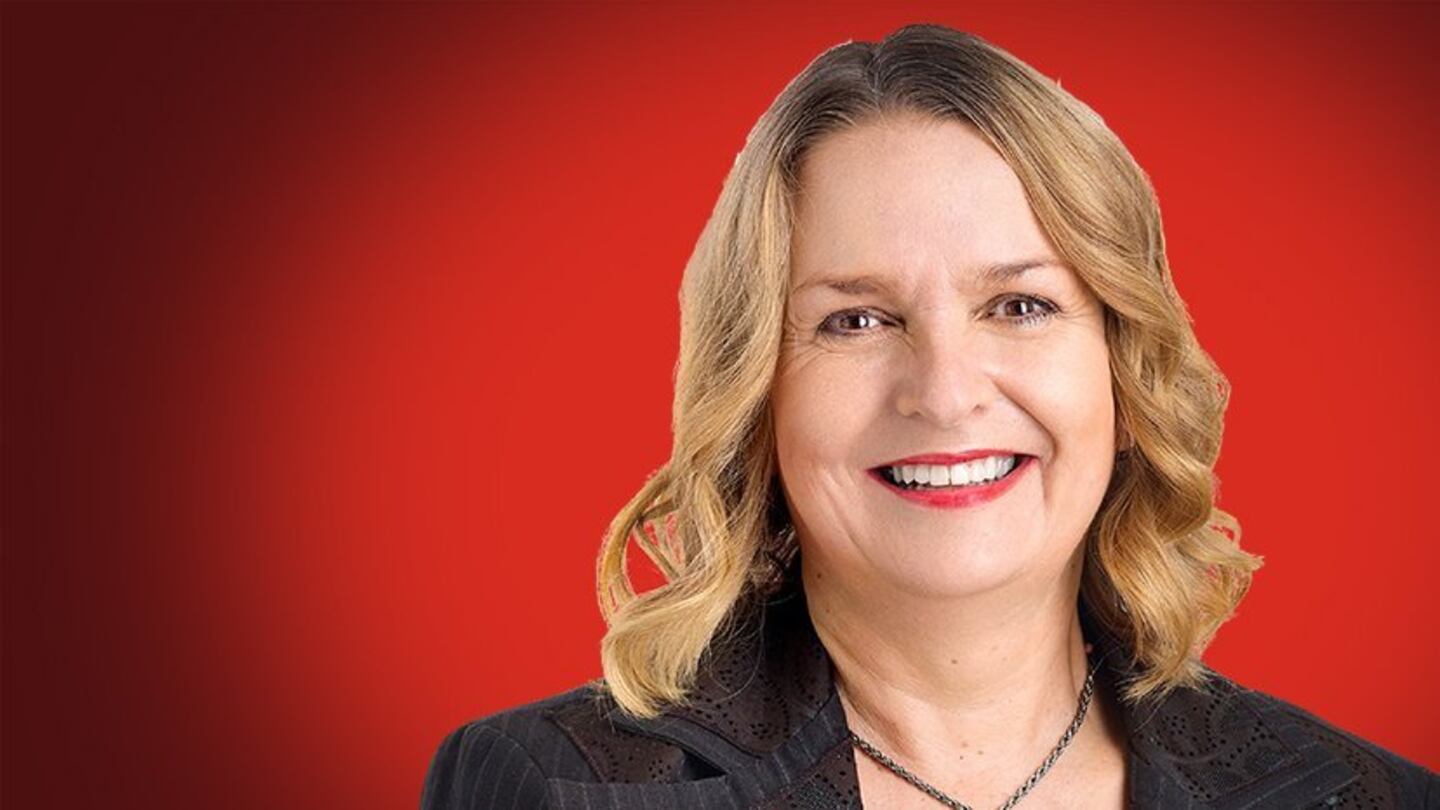Te Mahere Whai Mahi Wāhine: Women's Employment Action Plan was launched today by Minister for Women, Jan Tinetti, with the goal of ensuring New Zealand is a great place for women to work.
“This government is committed to improving women’s working lives. The reality is that women have different experiences in the world of work from men, and change is needed,” Ms Tinetti said.
Unemployment rates for wāhine Māori (7.1%) and Pacific women (7.0%) remain over twice as high as for European women (2.9%); while underutilisation rates for wāhine Māori and Pacific women remain higher than for European women.
She said Te Mahere Whai Mahi Wāhine features immediate, medium and long-term actions to address barriers to women’s employment.
“The facts prove that women are more likely to earn less per hour, do more unpaid work, and work part-time and be underemployed compared to men.”
“Female-dominated industries are often lower-paid, and women are more likely to take breaks from the workforce to raise children. Altogether, this adds up to a huge difference in earnings and wealth between women and men.
“This plan provides actions to improve employment pathways for women who are marginalised at work, particularly wāhine Māori, Pacific women, young and older women, disabled women, women who are former refugees and recent migrants, and women in the LGBTQIA+ community.
“Manatū Wāhine and NACEW will be engaging further with wāhine Māori and Pacific women to identify training and employment solutions to mitigate the impact of COVID-19 and provide opportunities to retrain and have access to employment,” the Minister said.
Further actions contained within the strategy include work underway across government to implement fair pay agreements and to investigate pay transparency following the recommendations of the education and workforce committee. They also include monitoring Kia Toipoto, the action plan for the public service to close the gender pay gap, and Te Orowaru, the pay equity work assessment tool, with a view to applying these tools to the private sector.


